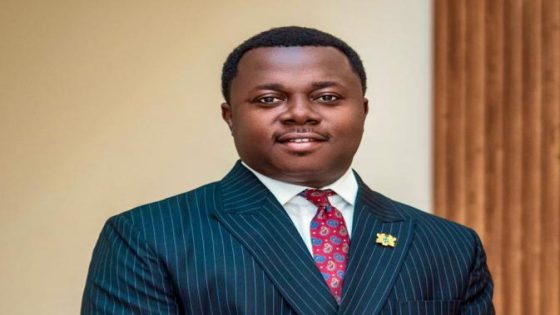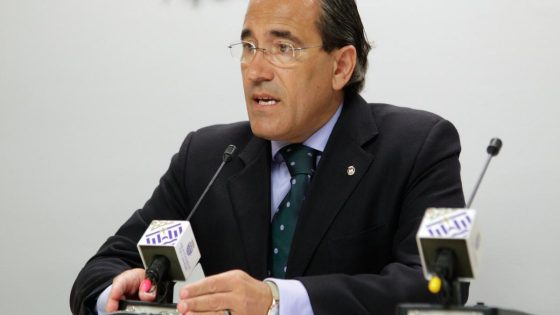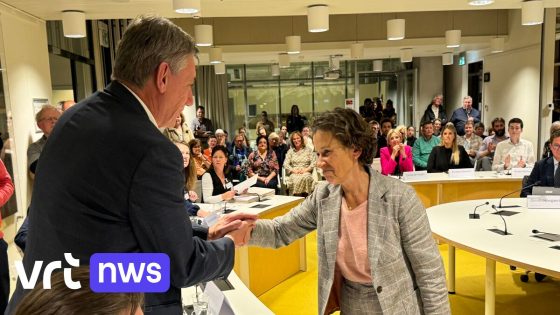Former Deputy Education Minister Rev. John Ntim Fordjour has raised alarms about senior clergymen’s disappointment in President John Dramani Mahama’s administration. On Asempa FM last week, he highlighted that many prominent religious leaders feel neglected and sidelined by the president’s recent decisions.
- Rev. John Ntim Fordjour's concerns expressed
- Senior clergymen feel disappointed in Mahama
- Clergy members feel sidelined by administration
- No clergymen appointed to Council of State
- Previous presidents appointed religious leaders
- Early administration concerns are growing
Clergy Disappointment in Mahama’s Administration: A Growing Concern
Why are senior clergymen feeling let down by President Mahama? Rev. Ntim Fordjour has pointed out that many religious leaders had high hopes based on promises made to them. However, their expectations have not been met, leading to a sense of betrayal. As these concerns mount, the question remains: how will the administration address the grievances of these influential figures?
Key Issues Behind Clergy Discontent with President Mahama
Rev. Fordjour emphasizes that one major grievance is the absence of clergymen on the Council of State, a body that advises the president. Historically, previous administrations have included religious leaders in this council, fostering a sense of inclusion. The lack of representation now raises questions about the administration’s commitment to engaging with the faith community.
Historical Context: Previous Appointments of Clergy Members
In past administrations, various presidents have appointed respected clergymen to the Council of State. This tradition has helped bridge the gap between the government and religious communities. Notable appointments include:
- Rev. Prof. Asante Antwi by President Kufuor
- Rev. Dr. Nii Amu Darko by President Mills
- Bishop Justice Akrofi by President Akufo-Addo
Implications for Future Relations Between Government and Clergy
The growing disappointment among clergymen could lead to strained relationships between the government and religious communities. As these leaders express their concerns, it may impact their willingness to support government initiatives. Building trust and addressing grievances will be crucial for fostering a collaborative environment moving forward.
In conclusion, the concerns raised by Rev. Ntim Fordjour highlight a critical issue in Ghana’s political landscape. Ensuring that religious leaders feel valued and represented is essential for maintaining strong community ties and effective governance.































![Binance Coin [BNB] Price Surge Ahead: Crucial Levels to Monitor Amid Market Shifts](https://news.faharas.net/wp-content/uploads/2025/02/Binance-Coin-BNB-Price-Surge-Ahead-Crucial-Levels-to-Monitor.webp.webp)
